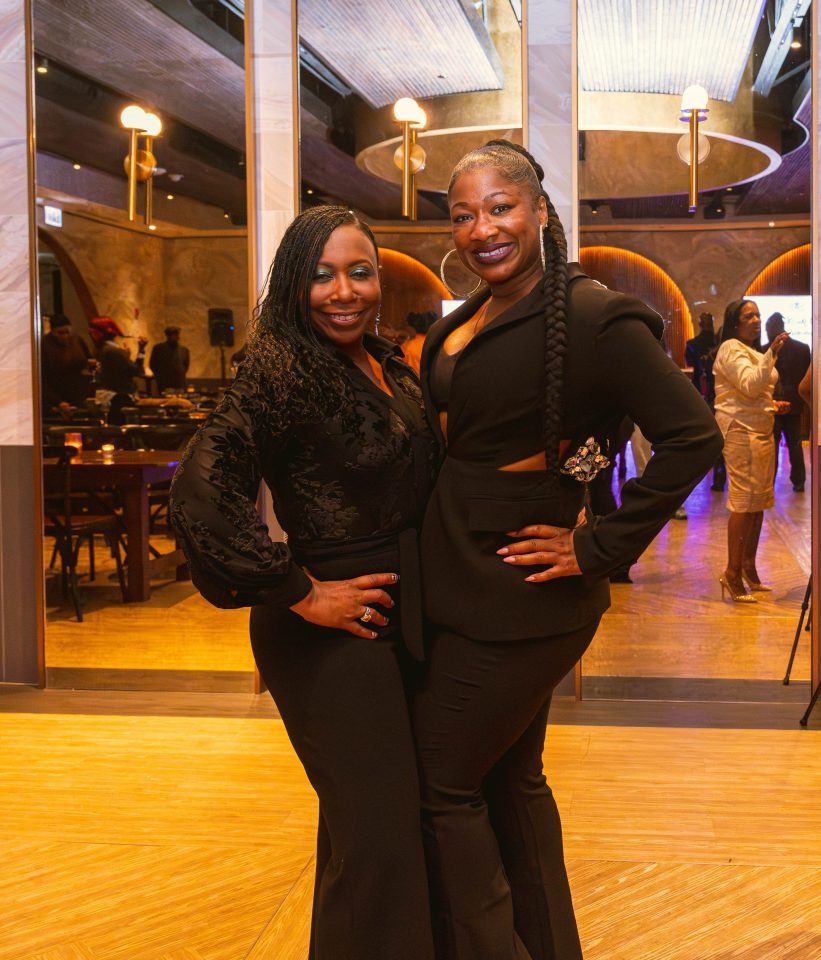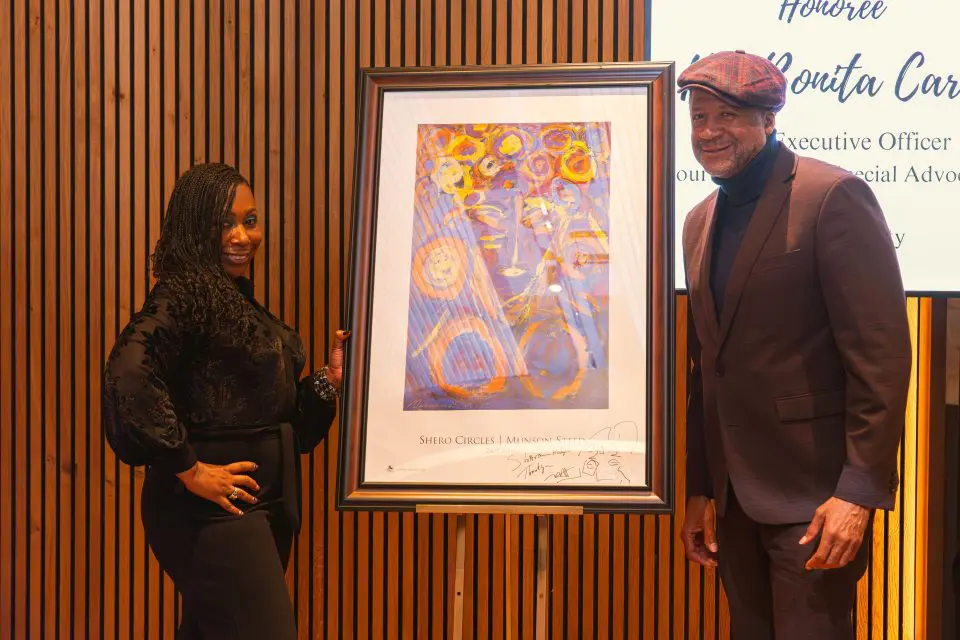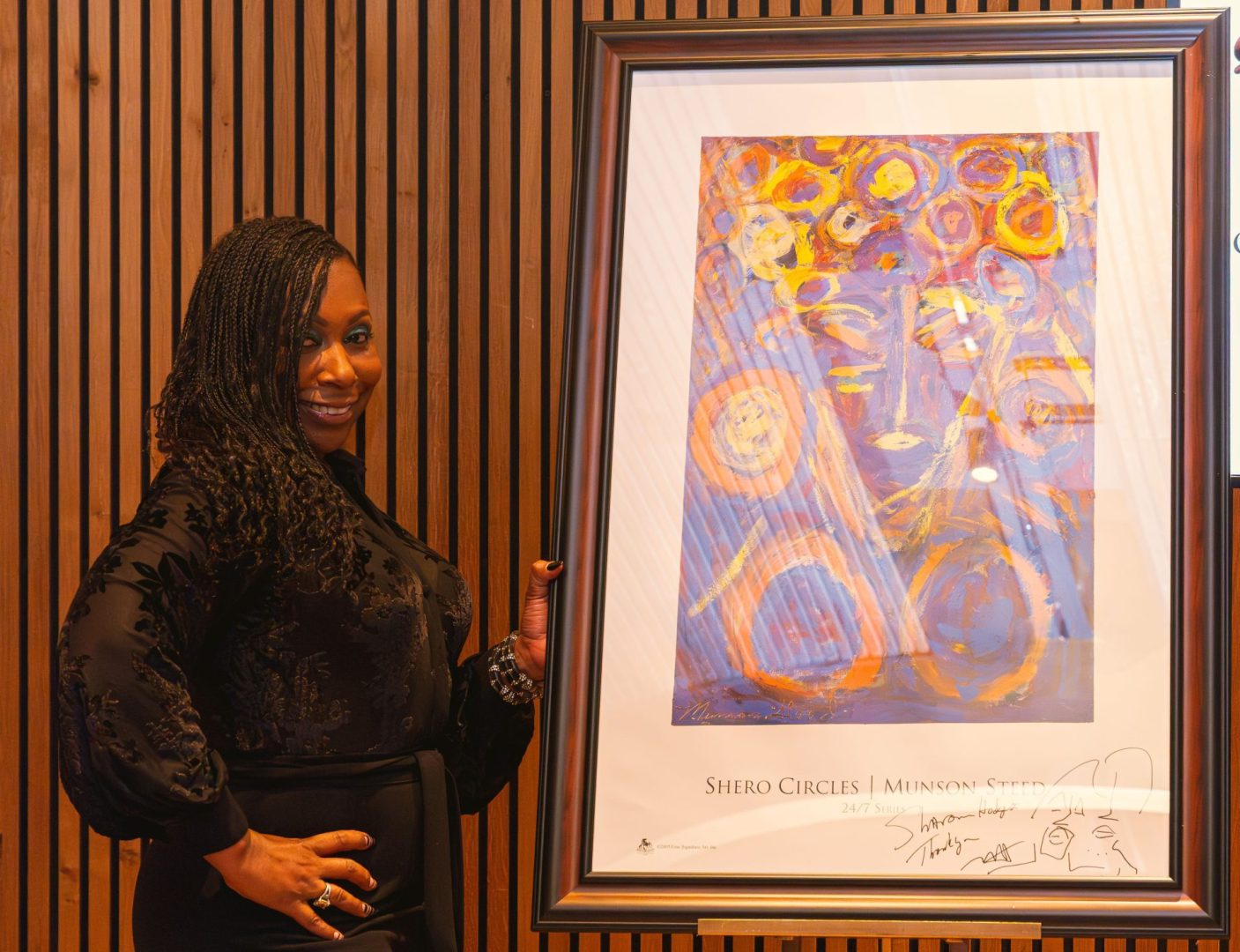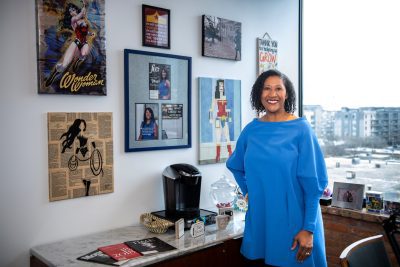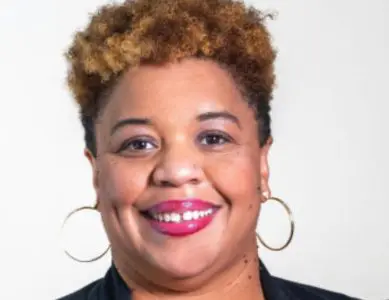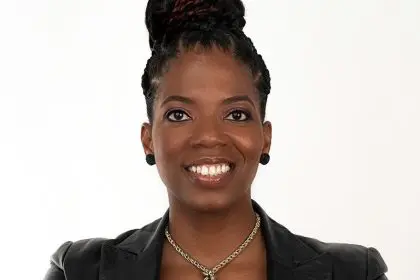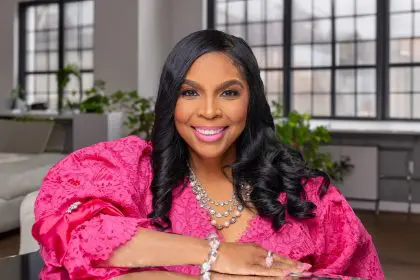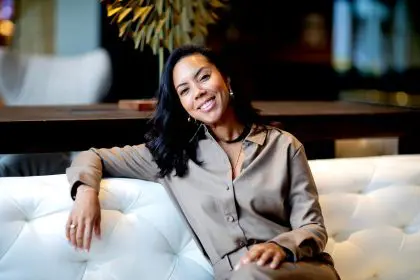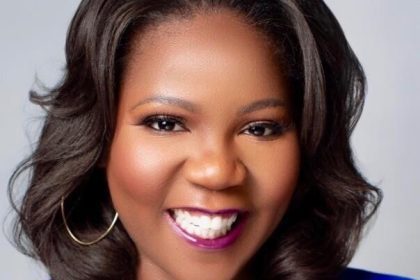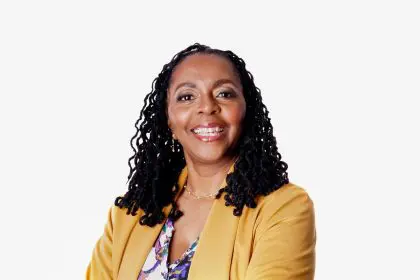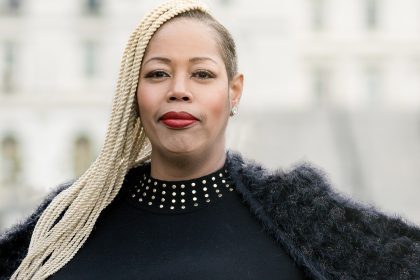Dr. Bonita Carr, a passionate advocate and transformative leader, is on a mission to reshape the foster care landscape for children and youth in Cook County. As CEO of Court Appointed Special Advocates (CASA) of Cook County, Dr. Carr has spearheaded unprecedented growth, increasing the number of children served from a mere 1% to 11% in just five years. Her journey is rooted in a profound commitment to social justice, honed over 17 years in mission-driven organizations, and extends beyond her current role. From elevating awareness of urban educational disparities to advocating for volunteer engagement, Dr. Carr’s career showcases her dedication to empowering marginalized communities. An SWS honoree and true visionary, Dr. Carr brings resilience, intuition, and a relentless drive to the fight for equity, showing that leadership is as much about compassion as it is about action.
What is your profession, what is your company name, what are your responsibilities and why did you select your career?
Bonita Carr is the CEO of Court Appointed Special Advocates of Cook County. She is responsible for developing and implementing strategic plans to improve the organization’s mission, leading and participating in fundraising efforts to raise money from donors, partners and stakeholders, overseeing the organization’s overall performance, financial health and managing the day-to-day operations of the organization and working closely with the board of directors to set and review policies, objectives and long-term strategies.
As a Black woman, what do you consider your superpower(s) to be?
As a Black Woman I consider my superpowers to be transformational leadership, divergent problem solving, resilience, prayer warrior, and intuition.
What key skills or qualities make you unique as an African American female leader?
The unique skills that make me unique as an African American female leader is my perspective, prayer life, resilience and determination.
Why is it important for women of color to work in leadership roles and decision-making capacities?
It’s important for women of color to work in leadership roles and decision-making capacities because our experience adds value, and it signifies transformative progress. Representation at the helm of leadership holds profound importance as it signals to young Black girls and women that leadership roles are within their reach. It validates their ambitions and underscores that despite obstacles, they possess the capability to achieve greatness. It’s a message of empowerment and potential and shatters stereotypes and demonstrates that Black women are fully capable of leading at the highest level. Every Black woman in a position of influence lays a foundation for others. Our lived experiences, challenges and aspirations merit attention and actions in policies that shape our organizations.
If you could thank any Black woman for her contributions to history and society, who would it be and why?
Without question, I would thank the fearless Harriet Tubman. Her contribution of leading hundreds of enslaved people to freedom in the North to escape the horrors of slavery’s brutality and inhumanity is Shero worthy. Harriet Tubman’s courage, resilience and dedication to ending slavery make her a powerful symbol of faith, resistance and freedom.
Why is it important for Black women to reach back and help younger women?
Black women have a long history of fights for their rights and overcoming systemic barriers to achieve success. It can be demoralizing, emotionally draining and distracting to experience racial bias in the workplace. Having a mentor as a support system to listen to and help a younger woman navigate the professional territory is essential to creating successful next generation leaders.
Share 3 career highlights-
When I took over as the CEO of CASA of Cook County, we were only serving 125 children. Within 6 years we are now serving 1,200 foster children and youth. Also, increased the revenue for CASA of Cook County by 243% which increased the number of child welfare professionals on staff to provide better support and advocacy for children and youth that CASA serves.
As the National Director of Education for PUSH Excel, a subsidiary of the Rainbow Push Coalition led by civil rights leader Rev. Jesse L. Jackson Sr. I led “A Tale of Two Schools” initiative highlighting the gross inequity between urban and suburban schools in Illinois. Oprah Winfrey became involved after seeing the footage dedicating a show to the funding inequities in urban education. The success of this initiative resulted in significant improvements to Harper High School facilities, which was the urban school we juxtaposed to New Trier High School.
As a successful woman in business what is your greatest or proudest achievement?
My proudest achievement is leading a mission driven organization that addresses the overrepresentation of Black children in the child welfare system resulting in outcomes that safely reunifies Black children with their parents. The American Academy of Pediatrics has found that family separation “can cause irreparable harm, disrupting a child’s brain or architecture and affecting his or her health.” Parents also experience harm and trauma from such separation. There is no prouder achievement for me than helping Black families reunite.
